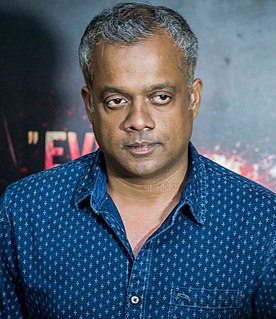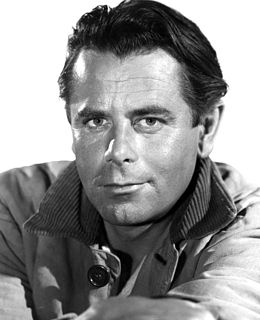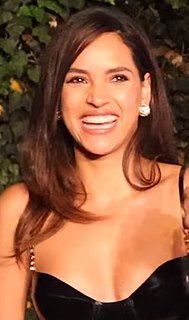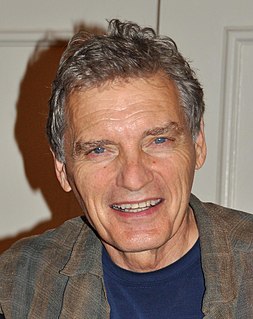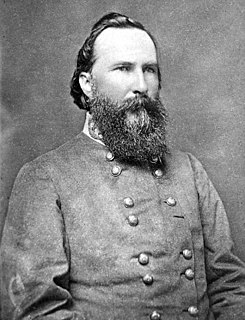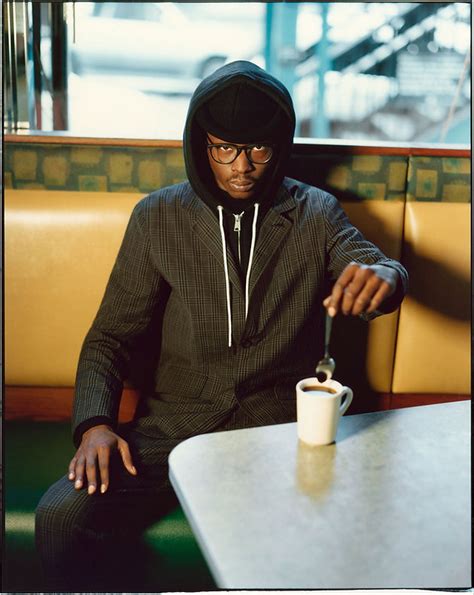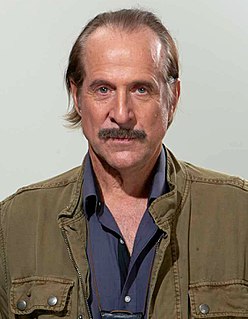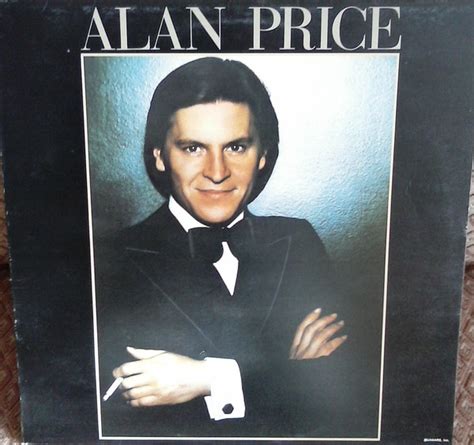A Quote by Gautham Menon
There are people who've told me cinema is a visual medium and you don't need to say so much. When I write the script, all these lines of what the characters are thinking are written. Once the film is shot and the lines are dubbed, I tone it down in postproduction if I feel it gets heavy.
Related Quotes
The less lines, the better. I am the silent film actor, but not in a slapstick sort of way. Film is an image-based medium, so whatever you can say without the words is far more provocative and punctuating. If the lines are not funny or if they don't advance the story, sometimes it's hard. I hate talk in movies.
I don't write as much now as I used to, but I write. The lines still come, maybe periodically, and I'll go through these little bursts of time where I write a lot of things then a long period of time where maybe I don't write anything. Or these lines will come into my head and I'll write 'em down in a little book, just little sets of lines, but I won't try to make stories or poems out of them. I'm doing a lot of that now, just the lines.
The script is a starting point, not a fixed highway. I must look through the camera to see if what I've written on the page is right or not. In the script, you describe imagined scenes, but it's all suspended in mid-air. Often, an actor viewed against a wall or a landscape, or seen through a window, is much more eloquent than the lines you've given him. So then you take out the lines. This happens often to me and I end up saying what I want with a movement or a gesture.
Film is a temporal medium as much as it is a visual medium: you're playing with time, and you don't have that ability where someone can pause at home. That's such a fundamental part of what makes filmmaking exciting to me. I don't really have as much interest in any other medium. I just like the control.
